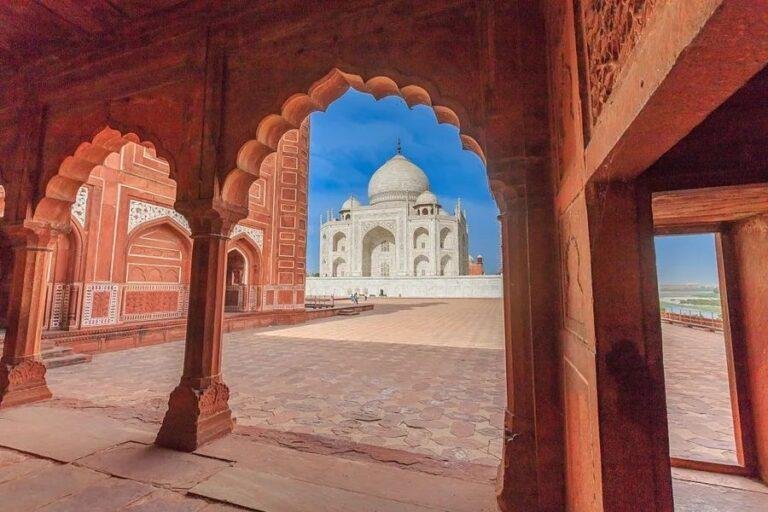
Uttar Pradesh, located in northern India, is the most populous state in the country and is known for its rich historical, cultural, and religious heritage. The state is home to some of India's most iconic landmarks and cities, including Agra, which houses the Taj Mahal, one of the Seven Wonders of the World, and Varanasi, one of the oldest continuously inhabited cities in the world and a major spiritual center.
Lucknow, the capital city, is known for its historical monuments, Mughal architecture, and vibrant arts scene, including classical dance, music, and poetry. The city is also famous for its delectable cuisine, particularly kebabs and biryanis.
Uttar Pradesh has played a crucial role in India's history, from the ancient civilizations of the Indus Valley and Vedic periods to the epic tales of Ramayana and Mahabharata, and later as a central region in the Mughal Empire and the British colonial period. It is also the birthplace of several important religious and cultural movements, including Buddhism and Jainism.
The state is a major agricultural hub, producing a significant portion of India's sugarcane, wheat, and rice. In addition to agriculture, Uttar Pradesh has a growing industrial base, particularly in textiles, handicrafts, and information technology.
Religious tourism is a significant part of Uttar Pradesh's identity, with destinations such as Ayodhya, the birthplace of Lord Rama; Mathura and Vrindavan, associated with the life of Lord Krishna; and Sarnath, where Lord Buddha delivered his first sermon. The Kumbh Mela, held in Allahabad (Prayagraj), is one of the largest religious gatherings in the world.
Uttar Pradesh's diverse culture, historical significance, and economic potential make it a vital and vibrant part of India.
